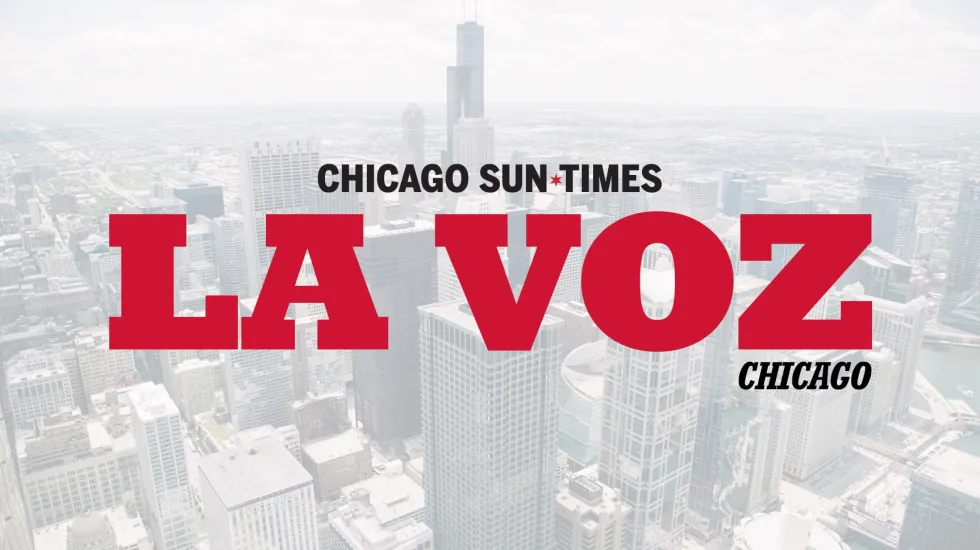
Mayor Lori Lightfoot on Thursday threw a $7.5 million bone to motorists squeezed by soaring gas prices — and tossed in a $5 million sweetener to lure commuters back to mass transit.
The $12.5 million plan she calls “Chicago Moves” will be primarily bankrolled by corporate fund revenues with help from the avalanche of federal coronavirus relief.
It will offer $150 pre-paid gas cards to eligible motorists who enter and win a rolling lottery that will continue in five monthly 10,000-card waves through the summer in anticipation of continued pain at the pump.
To qualify for the lottery, motorists must be Chicago residents 18 or older with a valid city sticker and a maximum household income that does not exceed 140% of the area median income for Chicago. That puts the income limit at roughly $91,000 if you’re single and $140,000 for a family of four.
The cards will be valid for one year and may only be spent on gas at stations within the city limits.
Although CTA fares have been frozen for years, 100,000 mass transit riders are also in line for a $50 freebie, with the same eligibility standards, except for the city sticker. The city is earmarking 75,000 of the mass transit cards for “CTA-utilizing residents in low-income neighborhoods.” The remaining 25,000 Ventra cards will be distributed citywide.

Last week, the City Council’s Finance Committee abruptly canceled a hearing on Lightfoot’s plan to roll back the 3-cents-a-gallon increase in the city gas tax included in her 2021 budget.
The city’s 8-cents-a-gallon gas tax generates $64.9 million a year. That money helps pay for snow removal, street paving, bridge maintenance and related personnel costs. Forfeiting the 3 cents per gallon for the rest of this year would have cost the city $18 million.
Ald. Howard Brookins (21st), chairman of the City Council’s Transportation Committee, said he understood the mayor’s motives, but motorists need “significant relief” and that a mere 3-cents-a-gallon savings would be viewed by “cynics” as a “political ploy.”
Other alderpersons and union leaders also urged the mayor to steer clear of the temporary tax waiver, fearing it would cost the city sorely-needed revenue and, potentially, delay capital projects bankrolled by the gas tax.
At a City Hall news conference Thursday, Lightfoot was asked why she shifted gears away from the temporary tax break, as first reported by the Chicago Sun-Times.
“We haven’t rejected it. Obviously, that’s still available to us. But in thinking about what we could do to actually provide maximum impact, we thought that this was a better way to go to literally put a gas card in the hands of Chicago residents,” she said.
“We really looked at a range of options, that included, and made the determination that this was the best way that we could reach the maximum number of people over a period of time and give them immediate relief that they actually feel.”

Although the overriding goal is to help the working poor, Lightfoot argued the relatively-high income cut-off is justified.
“Regardless of what your income point is, when you’re paying $6-a-gallon for gas as many people are across the city, that hits you. … We’re striking the right balance to make sure we’re bringing relief to a wide swath of folks across our city in every neighborhood,” she said.
“Obviously, we want to make sure that we’re focusing on lower-income and middle-income Chicagoans who are really … feeling the weight and the brunt of all of this surge in gas prices. And we’re hoping people that are of means and don’t need the relief are not gonna be the ones that apply. But we want to make sure we’re really focused on bringing that relief to drivers of a variety of sorts.”
Over the last two weeks, mayoral challenger Willie Wilson has held two gas giveaways. The first generated massive traffic jams as motorists lined up for hours to get $50 worth of gas apiece until the $200,000 Wilson was spending ran out.
The second freebie was larger, but less chaotic. Wilson spent $1 million on that, and about four dozen stations in the city and suburbs took part.
If prices at the pump keep rising, Wilson said he is prepared to spend “no less than” $1 million on a third gas giveaway. He has also scheduled an April 11 news conference to announce whether or not he will reprise his 2019 mayoral campaign against Lightfoot.
Just as Wilson has denied that his gas giveaways are an attempt to buy votes, so did Lightfoot reject the notion that she was prodded into providing relief by Wilson’s history of charitable giving.
“This is something we’ve been talking about for a long time,” she said.








